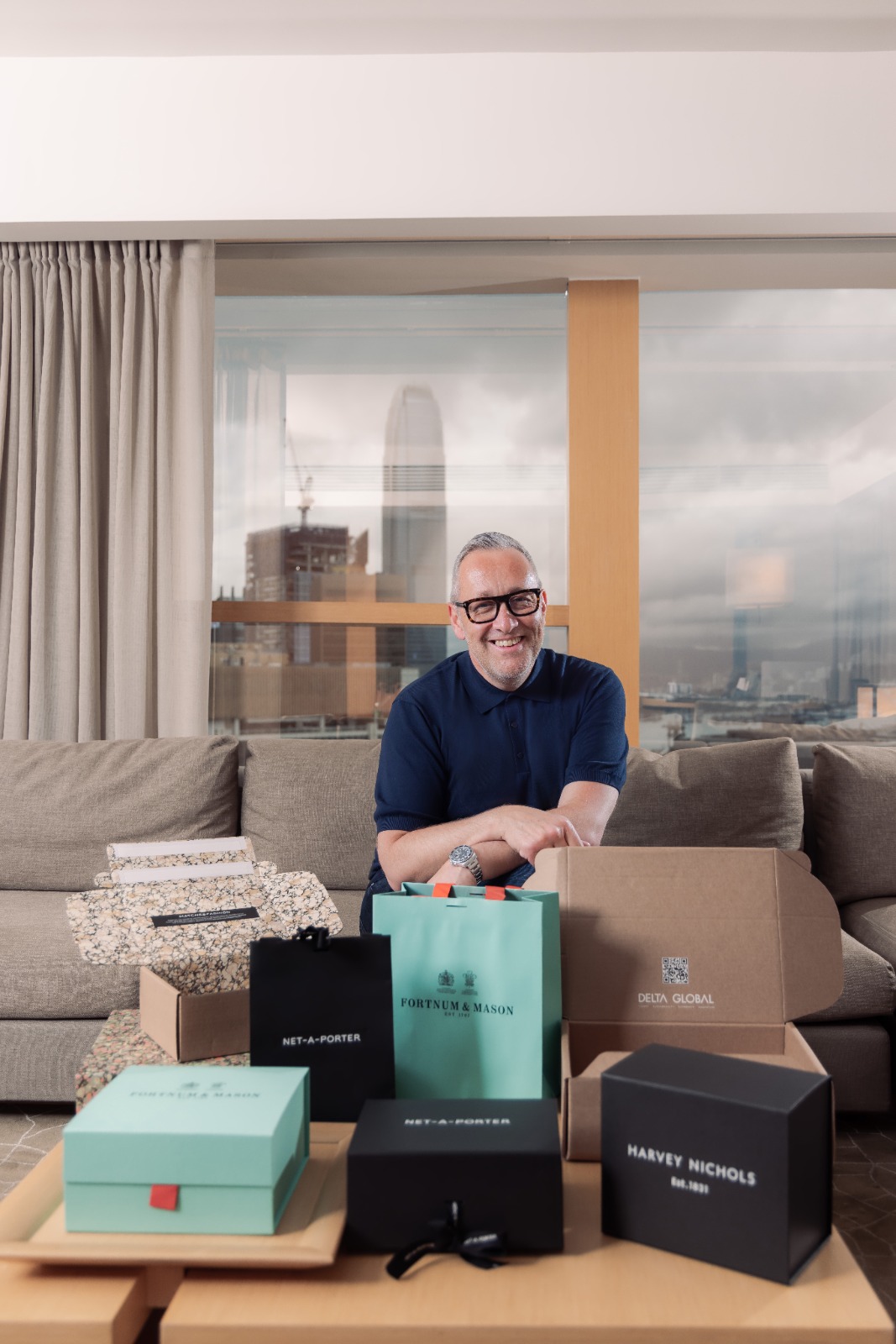
Research finds luxury brands use sustainable packaging materials to attract customers
The challenge that the luxury goods market is facing is not only the weak economy. With the rise of consumers' environmental awareness and the imminent threat of climate change, the issue of sustainable development cannot be ignored. Robert Lockyer, founder of Delta Global, a UK-based sustainable luxury packaging solution provider, pointed out that luxury brands are considering reducing excessive packaging and adopting more sustainable alternatives. And that consumers tend to reduce support to those luxury brands that ignore environmental impact.
27% of people would stop buying from brands that are not environmentally friendly
Robert Lockyer shared that in the past, the fashion industry mostly used plastic packaging because it gave consumers a "luxury" glossy effect, and these brands tended to use multi-layer packaging to enhance the buyer's "unboxing" experience. However, brands such as Net-A-Porter, ZIMMERMANN, Fortnum & Mason, and Lane Crawford are seeking more sustainable packaging, such as switching to FSC (Forest Stewardship) accredited paper, reducing the use of non-recyclable materials, and ensuring that boxes can be easily collapsed for storage or recycling.
The peak Christmas consumption season is approaching, and many luxury brands will take the opportunity to launch "limited edition” gift sets, using extremely exquisite packaging to attract customers. Lockyer agrees that consumers’ purchase of luxury goods involves a significant emotional component, and packaging enhances the related “emotion.” Although the company attaches great importance to the design of packaging, it will also strive to explore different materials for customers to ensure that the packaging is recyclable or can be repurposed without imposing on the client.
A recent survey by the company found that 92% of consumers in the Asia-Pacific region surveyed said they would stop, buy less, or reconsider buying from brands that do not care about sustainability, and 27% said they would stop buying from these brands altogether.
Hong Kong’s green consumption awareness is low
It is worth noting that compared to other markets, only 14% of Hong Kong consumers said they would stop buying products from these brands, and only said they would buy less.
Lockyer said that Hong Kong consumers have the smallest increase in environmental awareness, but there is still an overall increase. He believes that the situation will improve after the plastic ban takes effect next year. He is still optimistic about the potential of the Hong Kong market. In addition, Delta Global, which was established in 2007, decided to expand its business to China, Southeast Asia and Australia. Lockyer expects the business to double in size in the near future.
